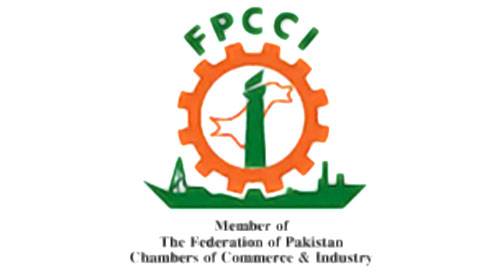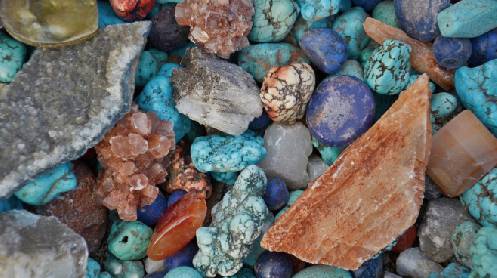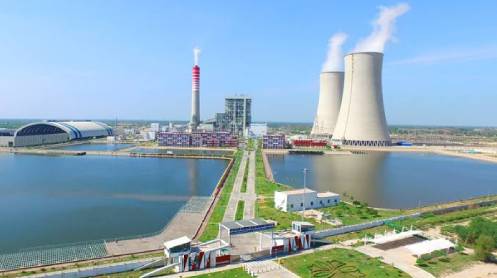ISLAMABAD: The Economic Coordination Committee (ECC) has approved a 58% increase in the cost of Phase I of the Reko Diq copper and gold mining project, raising the total budget to $6.8 billion. The cost revision is based on an updated feasibility study conducted by Barrick Gold, the project’s 50% partner, accounting for inflation, increased production capacity, and enhanced infrastructure.
The additional $2.5 billion in costs is expected to be offset by higher global gold and copper prices. Over the 30-year operational period, Pakistan’s federal and provincial governments anticipate $7.1 billion in royalties and taxes, in addition to dividends from their collective 50% shareholding.
Revised Financial Commitments
The ECC was informed that the federal government’s financial obligation for its 25% share—held through three state-owned enterprises—will increase by $685 million to $1.9 billion. Similarly, the Balochistan government’s share has risen from $717 million to $1.1 billion. The federal government will cover Balochistan’s share, while state-owned enterprises will raise their respective contributions.
The revised feasibility report estimates the capital cost of Phase I at $5.7 billion, with initial production capacity set at 45 million tons per annum (Mtpa) by 2028. A second phase, slated for completion by 2034, will increase capacity to 90 Mtpa at an additional cost of $3.3 billion, bringing the total project cost to nearly $9 billion.
Strategic and Economic Significance
With projected net cash flows of $70 billion over 37 years—ten times Pakistan’s current foreign exchange reserves—Reko Diq has attracted significant global interest, particularly from the United States and China. The project aims to commence production by late 2028, initially yielding 200,000 tons of copper annually.
Finance Minister Muhammad Aurangzeb chaired the ECC meeting virtually from China, where he is attending the Boao Forum for Asia 2025. Petroleum Minister Ali Pervaiz Malik’s ministry presented the revised project summary, which includes an expanded energy mix, alternative water supply solutions, and upgraded processing plants.
Funding and Security Measures
Out of the $6.8 billion cost, $3 billion will be raised through debt financing, with negotiations being led by a World Bank Group arm. The remaining $3.7 billion will be covered through shareholder equity contributions.
Pakistan’s state-owned companies—Oil and Gas Development Company Limited (OGDCL), Pakistan Petroleum Limited (PPL), and Government Holdings (Private) Limited—each hold an 8.33% stake in the federal government’s 25% share. Barrick Gold retains a 50% share and serves as the project operator, while the Balochistan government owns the remaining 25%.
Given security concerns in Balochistan, the government has allocated Rs1.8 billion for safeguarding project operations.
Infrastructure and Future Development
The project will utilize existing rail, road, and port infrastructure, including a rail route to Port Qasim for international exports. A 45-kilometer road will connect the mining site to the National Highway (N40). Groundwater from boreholes 70 km north of the mine will serve as the primary water supply.
Barrick Gold has committed $3.1 billion in equity investment for Phase I, excluding debt financing. The project’s internal rate of return (IRR) is estimated at 21.32%, with a payback period of approximately six years. Reko Diq Mining Company is projected to contribute $7.1 billion in taxes over the mine’s lifespan, with $3.9 billion allocated to Balochistan and Sindh, $2.2 billion to the Workers Profit Participation Fund, and $823 million under the final tax regime.
To ensure Balochistan receives early financial benefits, the Mineral Agreement stipulates advance royalty payments: $5 million in the first year, $7.5 million in the second, and $10 million annually until production begins.
Feasibility and Future Approvals
An independent review of the mining feasibility study, conducted by SRK Consulting, validated the technical and economic aspects of the project. The study estimates the project’s net present value (NPV) at $13 billion, applying an 8% discount rate.
While several operational permits have been obtained, additional approvals are required for full-scale construction and production. The government has reaffirmed its commitment to ensuring smooth implementation and timely completion of this strategically vital project.
Story by Shahbaz Rana





